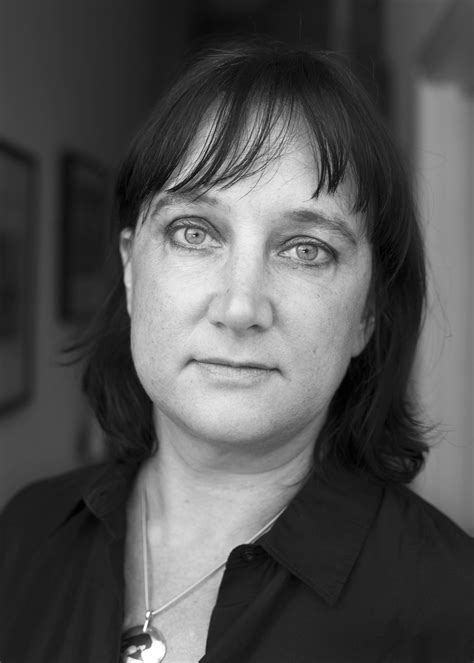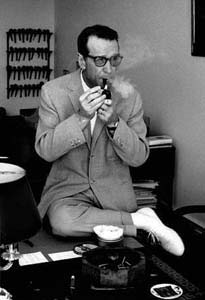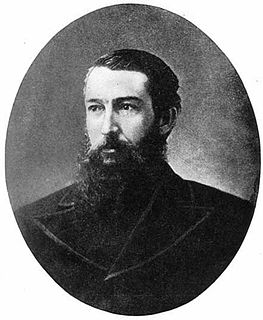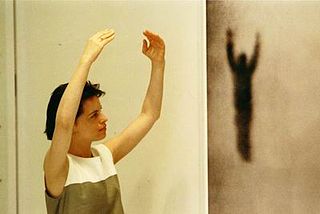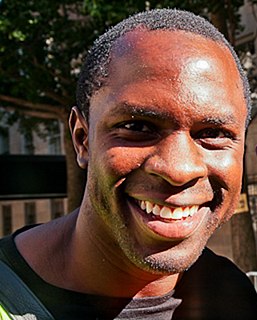A Quote by Henrietta Rose-Innes
I still don't think I have a vocation - and writing is a way of avoiding one.
Related Quotes
I do not believe that it is necessarily the duty of the writer to give a voice to his community. If a writer is true to his vocation, to his or her vocation, the very process of creativity enlarges these human horizons. It provides insights, even when you're not writing, when your writing's not dealing with a concrete political situation.
I think all writing is about writing. All writing is a way of going out and exploring the world, of examining the way we live, and therefore any words you put down on the page about life will, at some level, also be words about words. It's still amazing, though, how many poems can be read as being analogous to the act of writing a poem. "Go to hell, go into detail, go for the throat" is certainly about writing, but it's also hopefully about a way of living.
Writing for adults and writing for young people is really not that different. As a reporter, I have always tried to write as clearly and simply as possible. I like clean, unadorned writing. So writing for a younger audience was largely an exercise in making my prose even more clear and direct, and in avoiding complicated digressions.
I don't think you could teach someone to be a genius, but you can certainly teach them to not make rookie mistakes and to look at writing the way a writer looks at writing, and not just the way a reader looks at writing. There are a lot of techniques and skills that can be taught that will be helpful to anybody, no matter how gifted they are, and I think writing programs can be very good for people.
